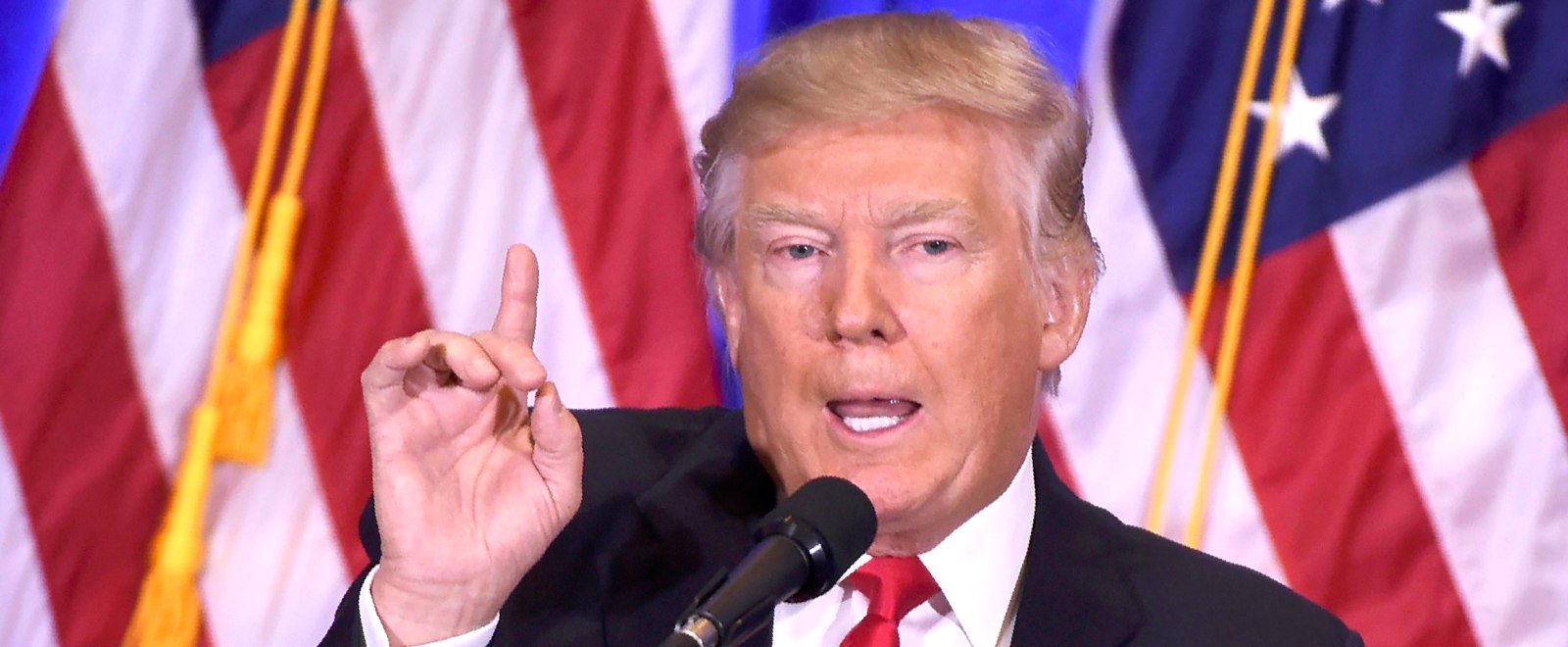
Last week, nearly 10 months after being booted off of much of social media, former president Donald Trump made a big announcement: His long-threatened social media service was soon to become a reality. It’s called Truth Social (of course), and it will start beta testing in November, with plans for a proper launch in early 2022. But how could Trump, whose history of bankruptcies and loan defaults have largely barred him from the mainstream financial history, pay for it? A new report found some predictable answers.
According to The New York Times, Trump recently merged his social media business, Trump Media, with what’s known as a special purpose acquisition company, or SPAC. (His is called Digital World Acquisition, of DWAC.) SPACs are, as NYT puts it, “empty vessels” and stock exchanges “allow them to list their shares without disclosing much financial information.” To prevent shady business dealings, SPACs are not supposed to have mergers planned at the time they go public.
But that may be exactly what Trump and his cohorts did. When DWAC went public in September, they stated they had not had any “substantive discussions, directly or indirectly” with any companies. But Trump and his team had already long been in talks with an obscure Miami banker named Patrick Orlando:
Mr. Orlando had been discussing a deal with Mr. Trump since at least March, according to people familiar with the talks and a confidential investor presentation reviewed by The New York Times. That was well before his SPAC, Digital World Acquisition, made its debut on the Nasdaq stock exchange last month. In doing so, Mr. Orlando’s SPAC may have skirted securities laws and stock exchange rules, lawyers said.
As a result of the merger, Trump was able to secure $300 million to pay for Truth Social. But to do so, they may have ventured into what the Times describes as an “unregulated and sometimes shadowy corner of Wall Street.”
But it’s not the only thing shady about the social media service’s genesis. Trump has already been accused of using “blank check dealings” to fund it, and even stealing code from other sites. Indeed, as per Raw Story, if they don’t make its source code public, they could lose their software license months before it’s set to launch.
In other news, last week DWAC suffered a massive decline in stock, dropping a whopping 25% from the previous week.
(Via NYT)
0 Commentaires